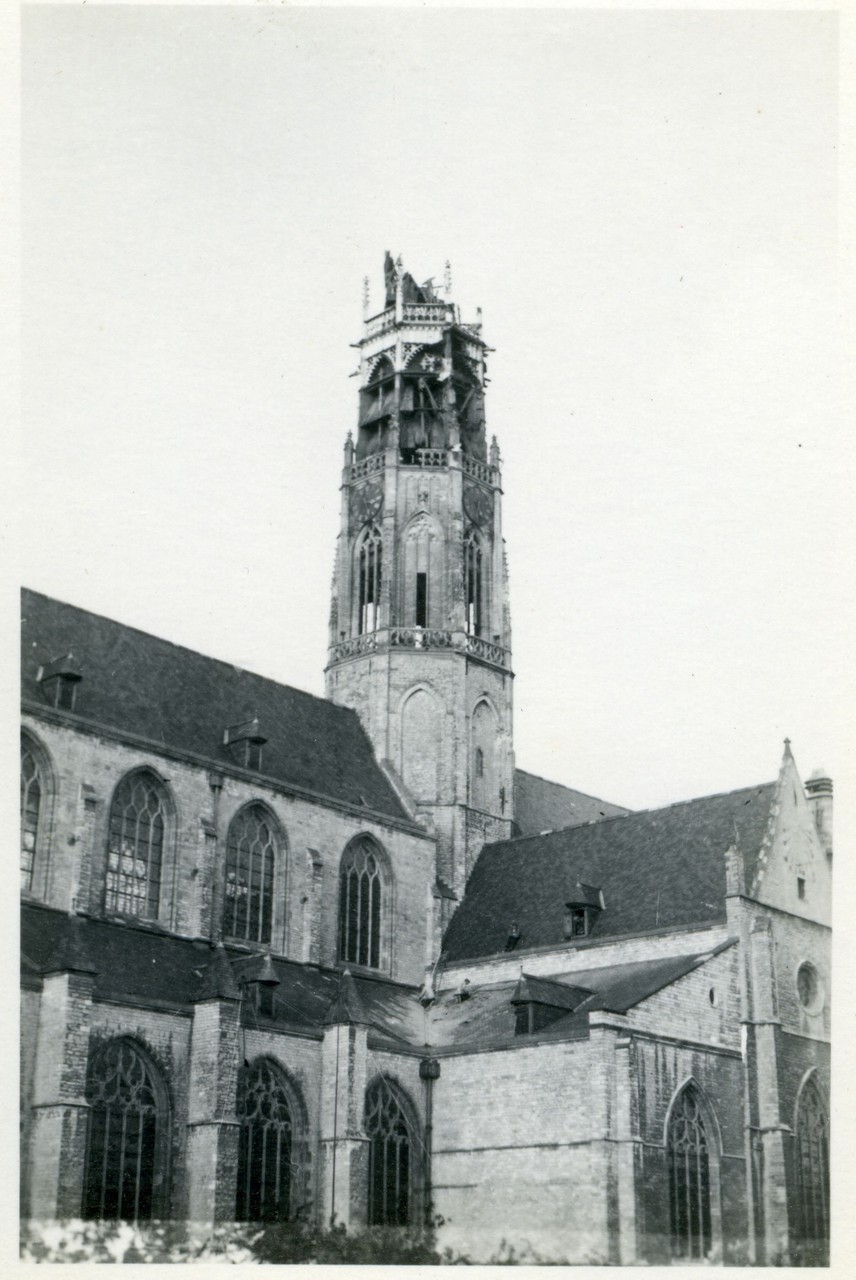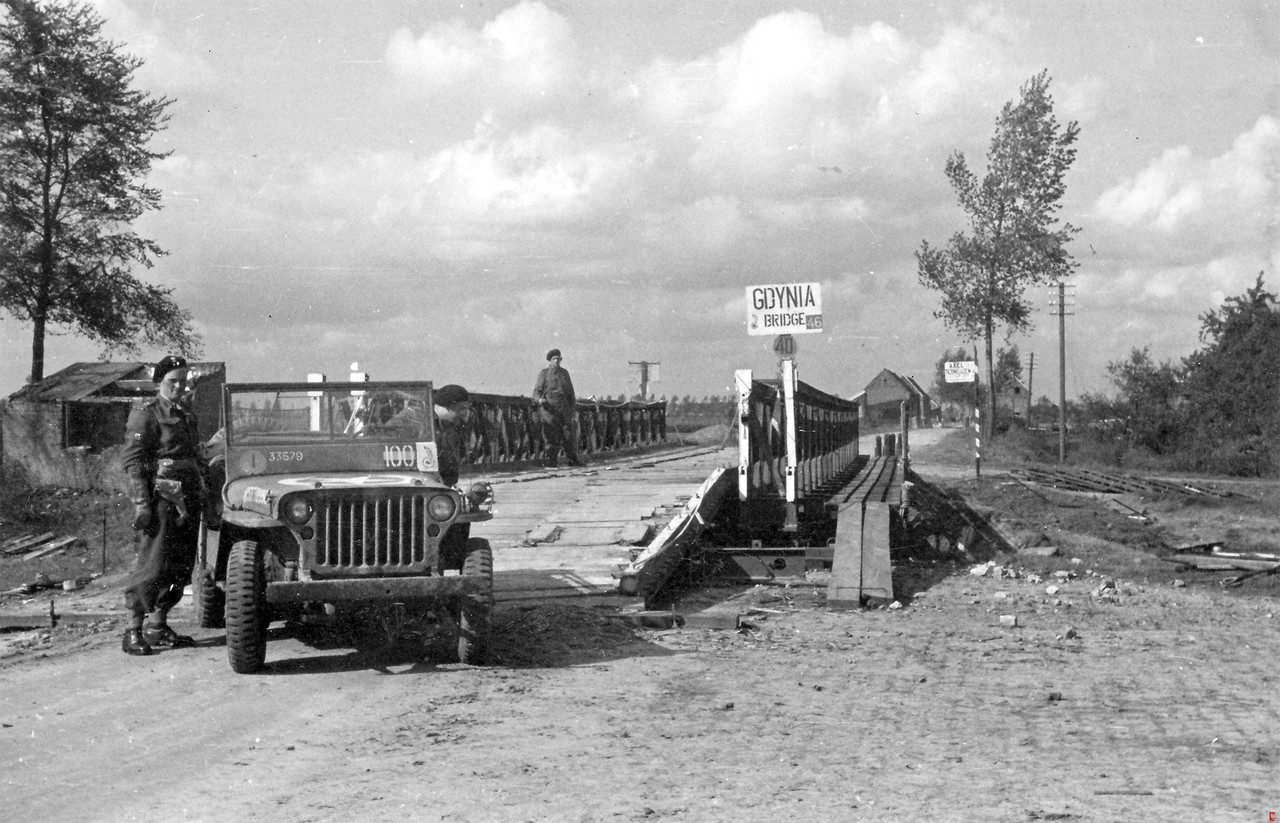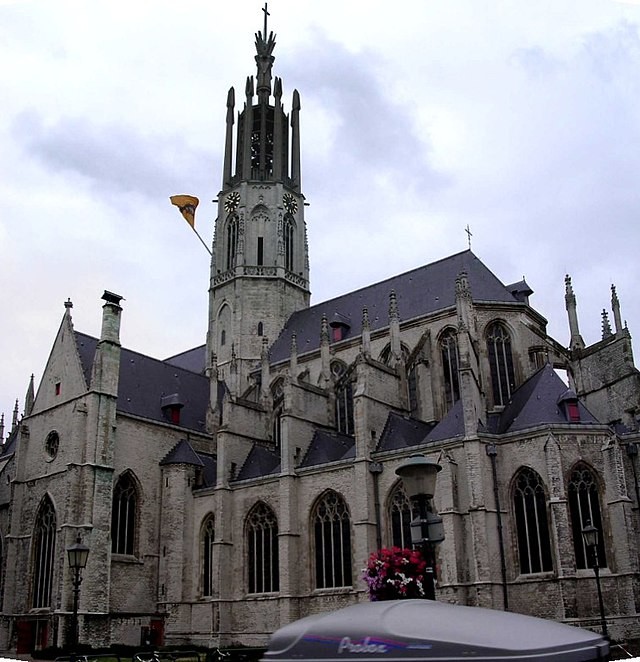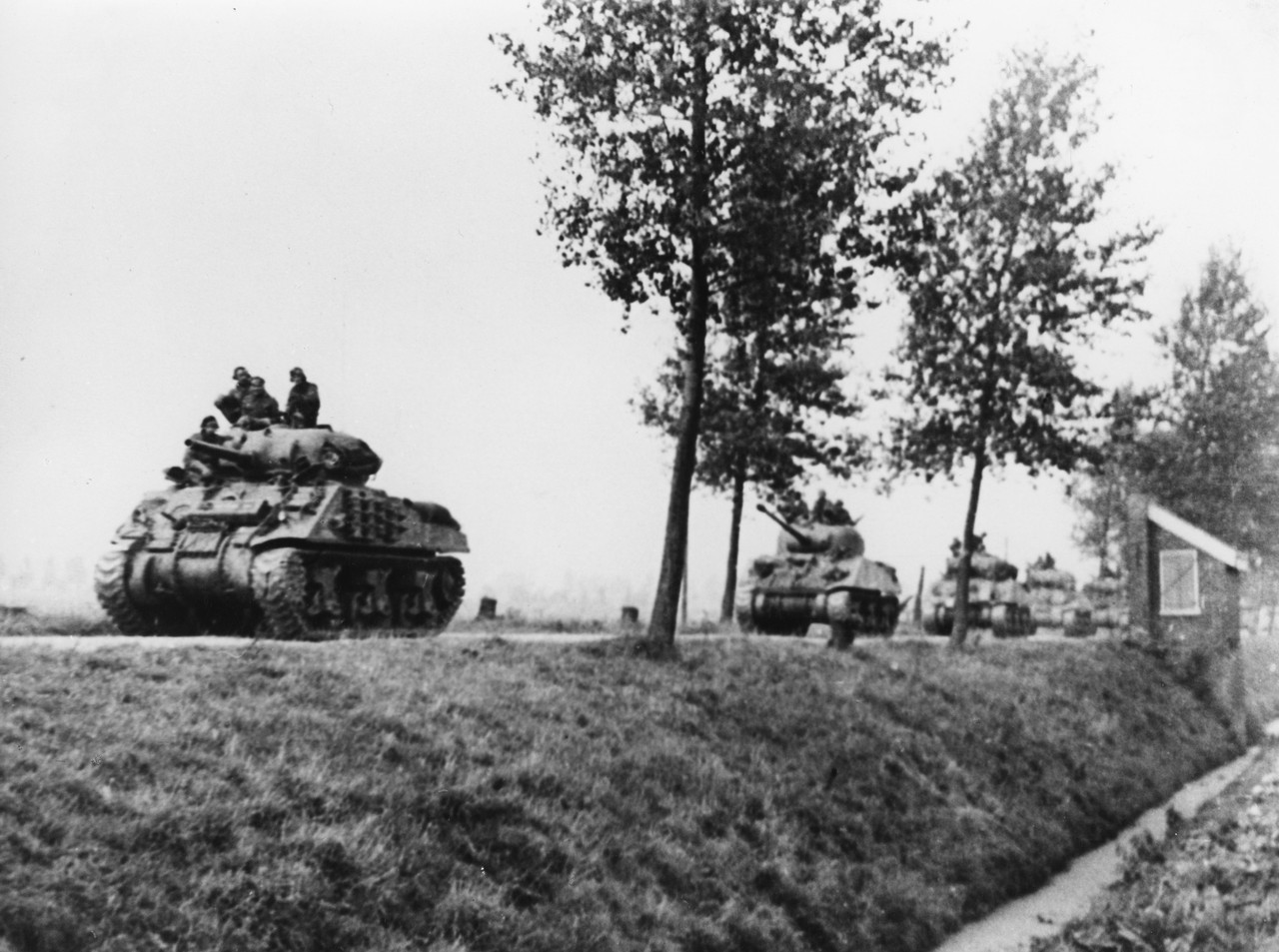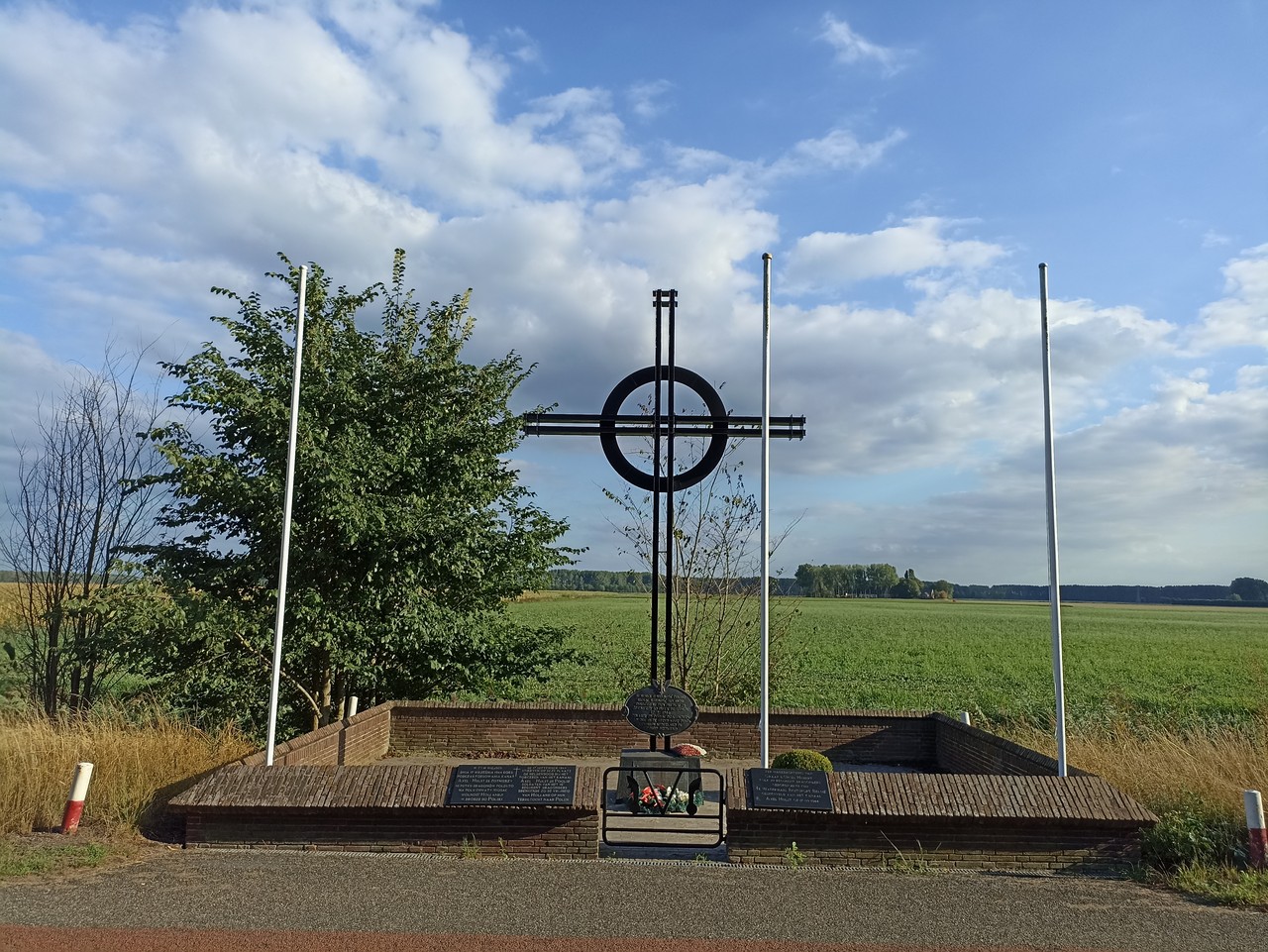Gdynia Bridge
The Netherlands
Bookmark
Plan
Share
Directions
The first Allied soldiers entering Zeeland on September 16, 1944, were Polish and part of the First Canadian Army. They entered Zeeland via eastern Zeeuws-Vlaanderen. At Axel they encountered strong opposition from German units. Three days of heavy fighting broke out over the Axel-Hulst Canal.
In an attempt to prevent a German counteroffensive toward Antwerp and to conquer Terneuzen, the Polish units advanced to Axel via Hulst. To do this, the Axel-Hulst Canal had to be crossed. Earlier, the German defences had blown up bridges over the canal and flooded large parts of the land around Axel. This forced the Poles and their heavy tanks to find higher ground on the dykes. This made them vulnerable. They were met with fierce resistance.
Polish scouts crossed the Canal by swimming and using civilian boats. After more than three days of fighting, during a very foggy night and under constant German fire, they were able to construct a bridge. The construction was finished in the early morning of September 19. Through thick fog, the Poles brought their heavy equipment across the water. Fighting all the way, they were able to advance to Axel. The town was liberated around noon.
The Poles called the bridge the Gdynia Bridge. Today, the canal running under the bridge is quite narrow. Because of the German inundations, it was much wider in 1944.
Visit the Zeeuwse Ankers website (Zeeland Anchors) for comprehensive information, personal stories and videos about the Battle of the Scheldt.
Address
Hulsterseweg 65, 4571 RJ Axel





